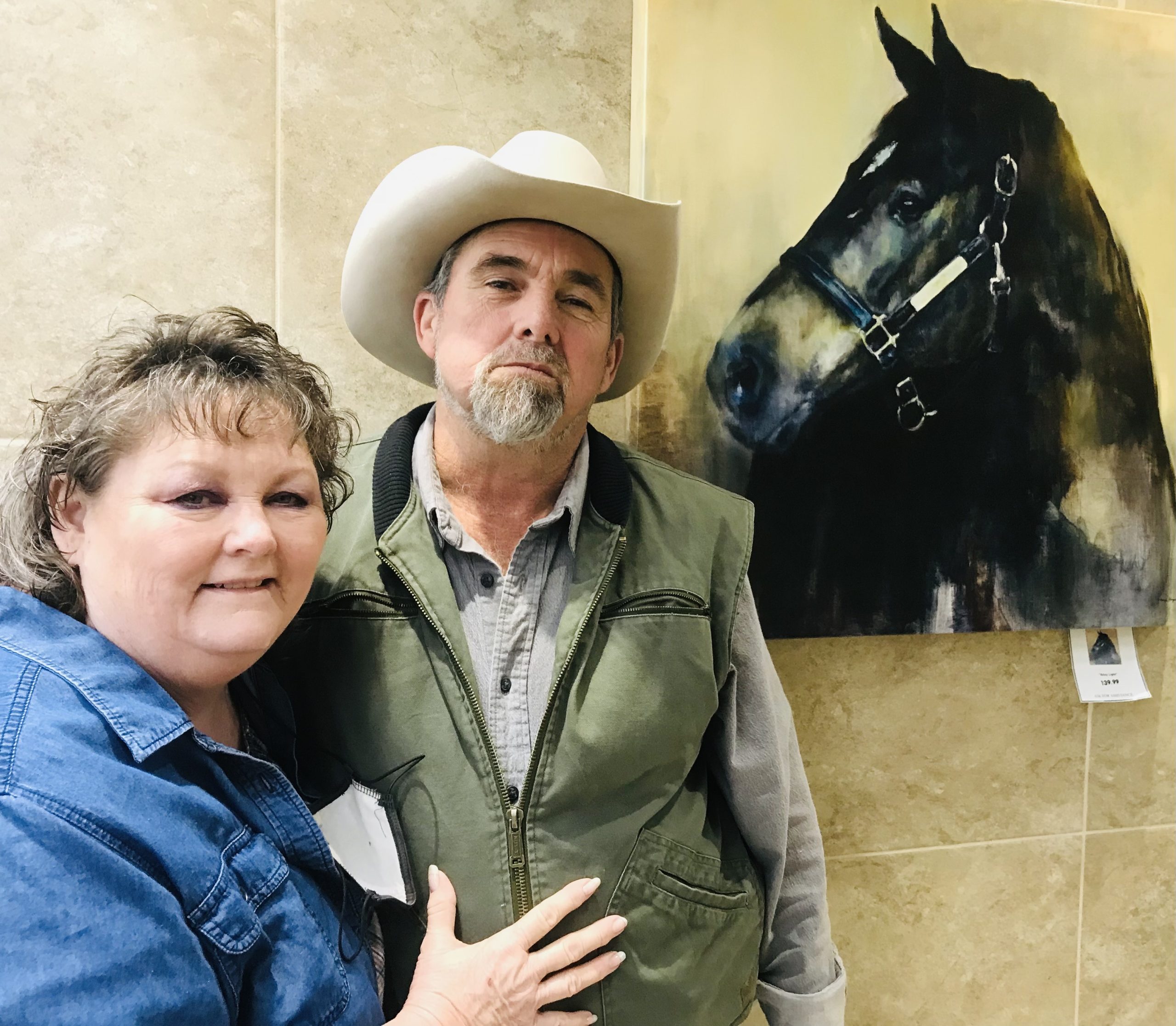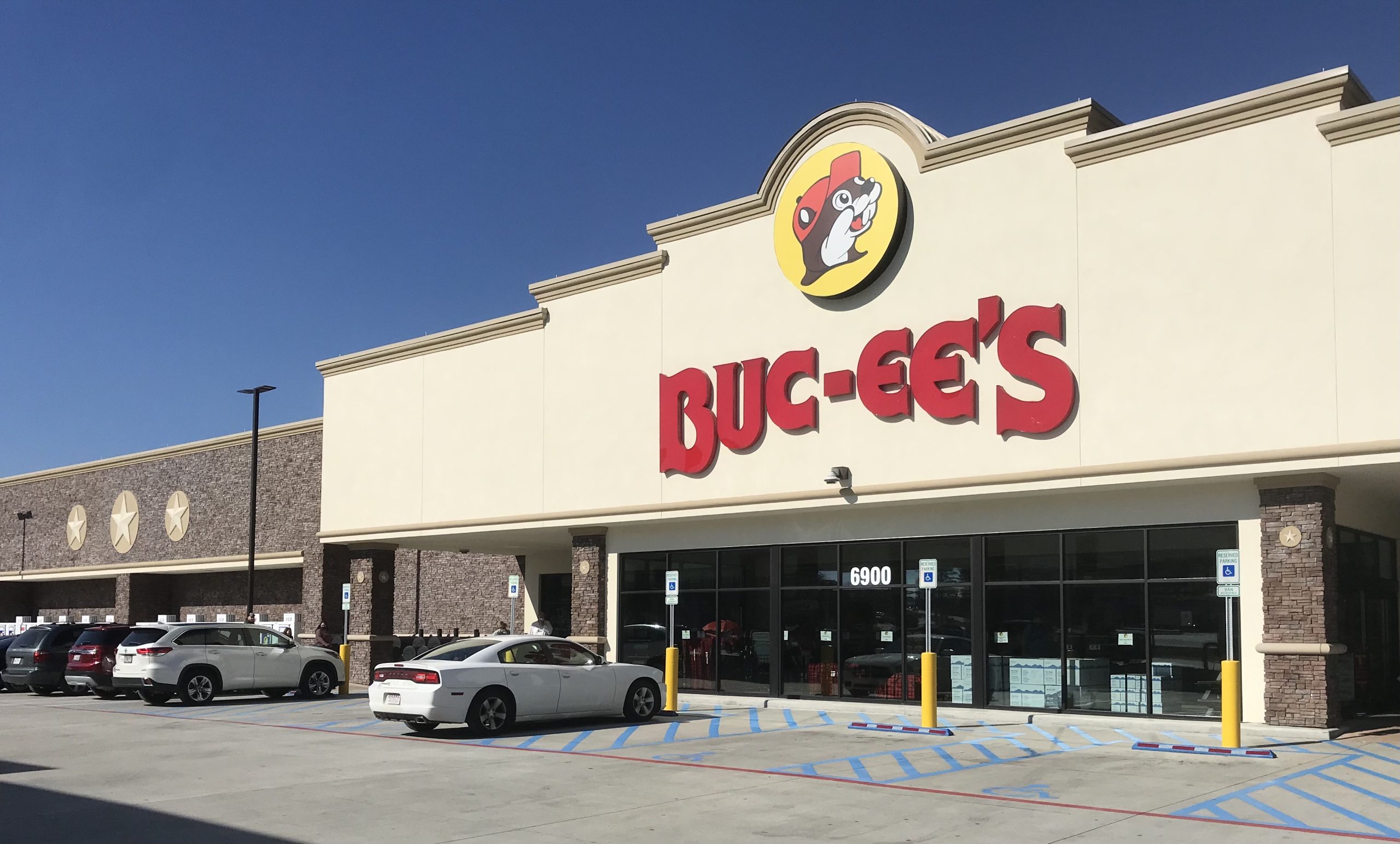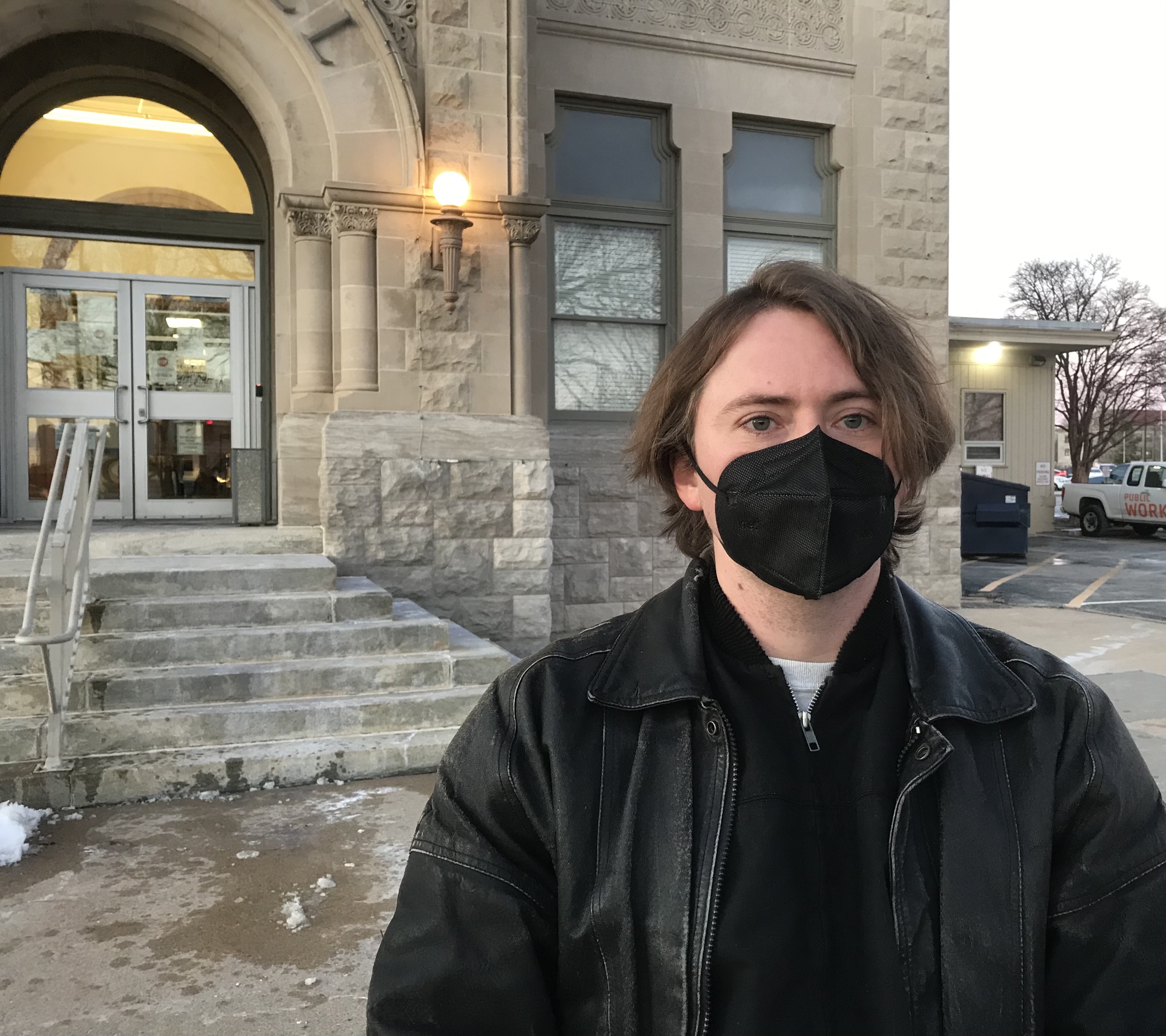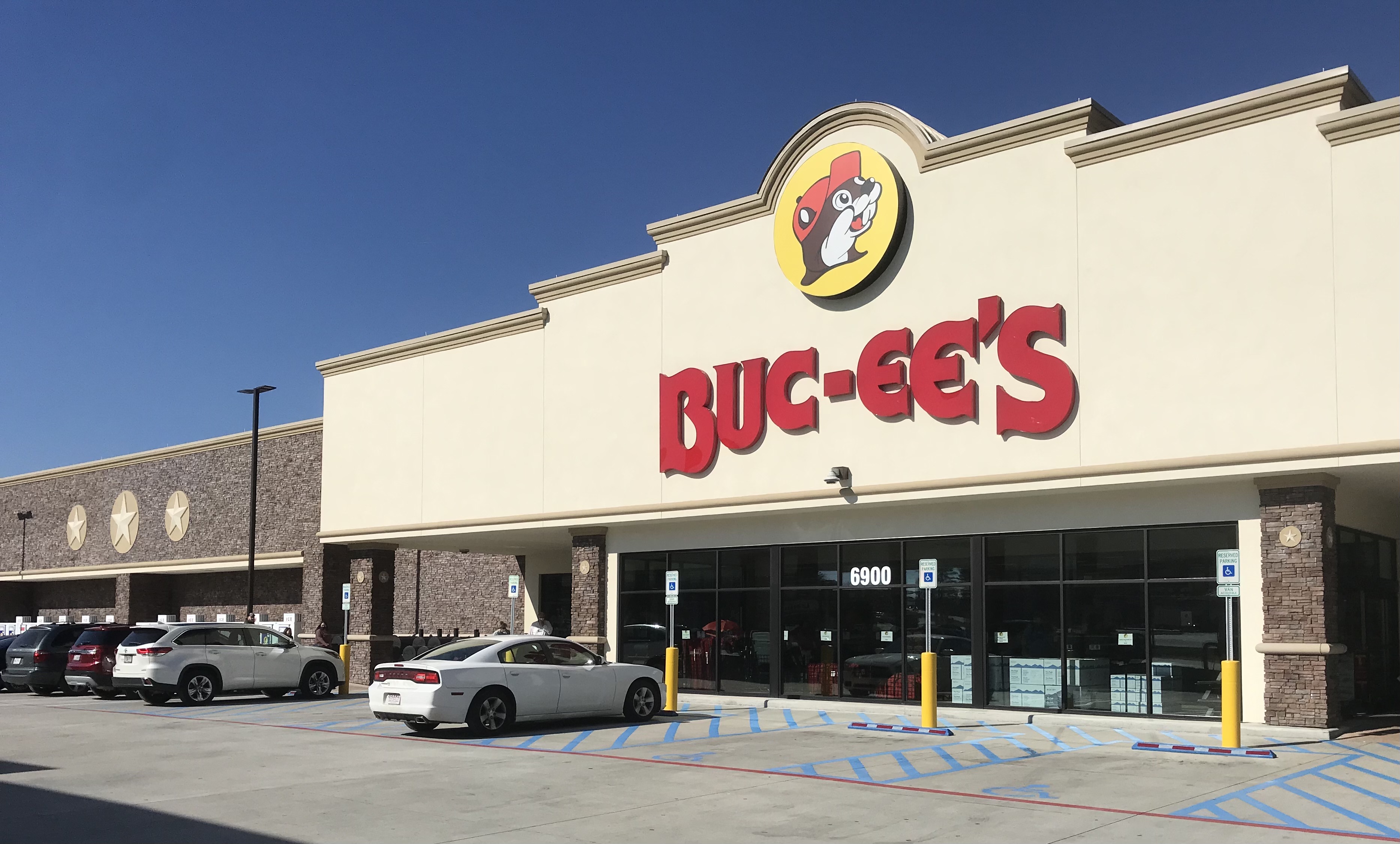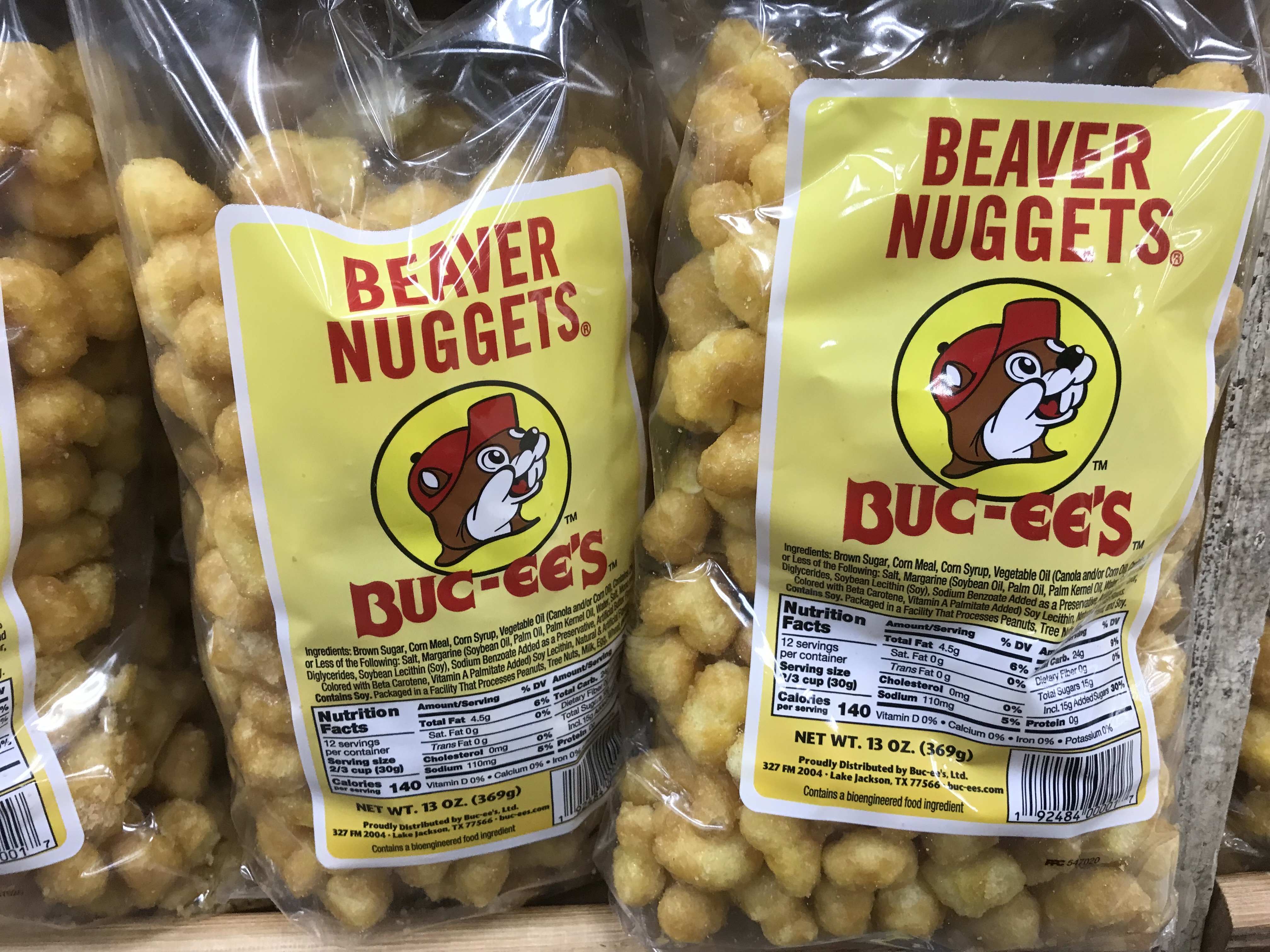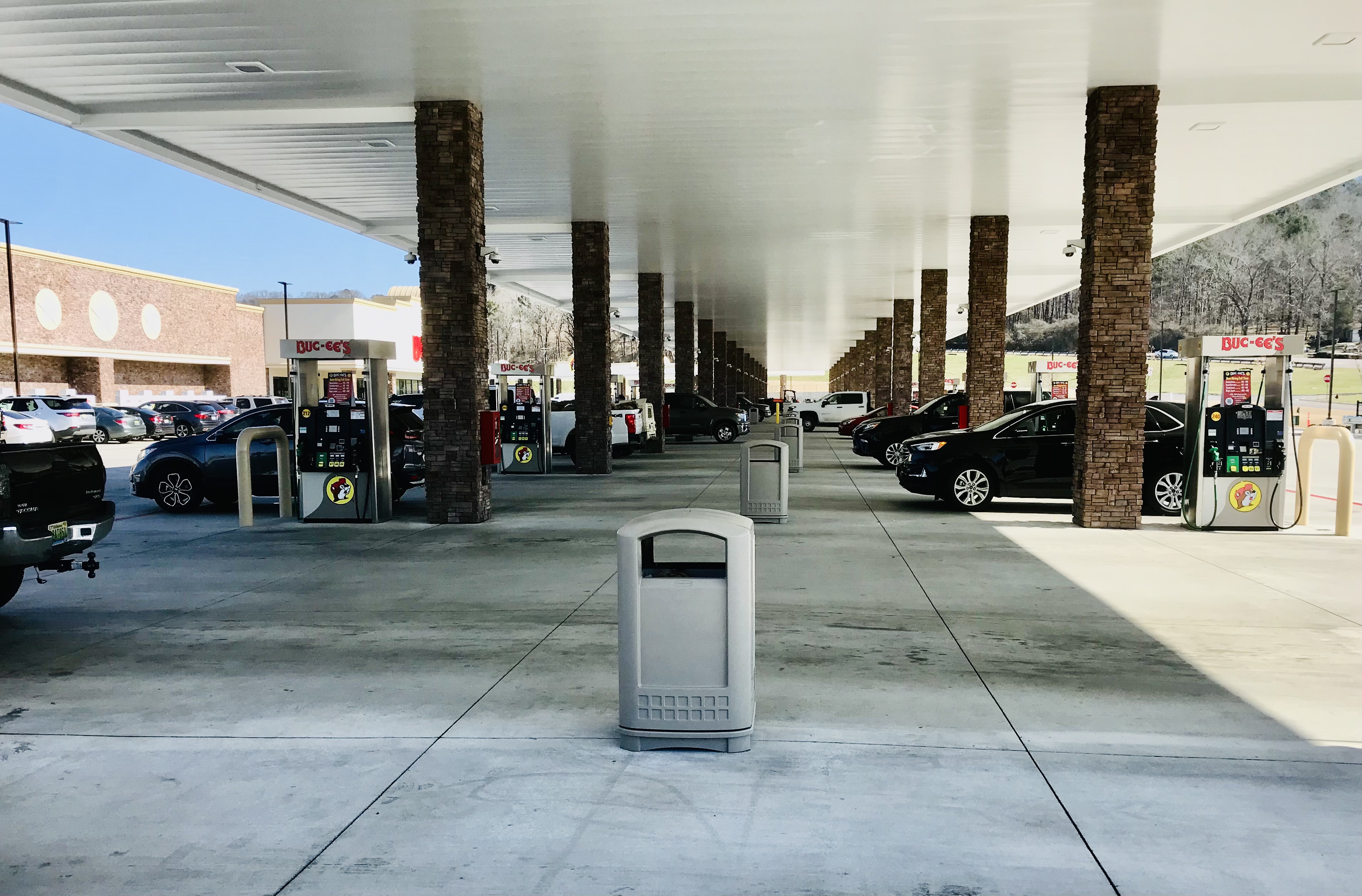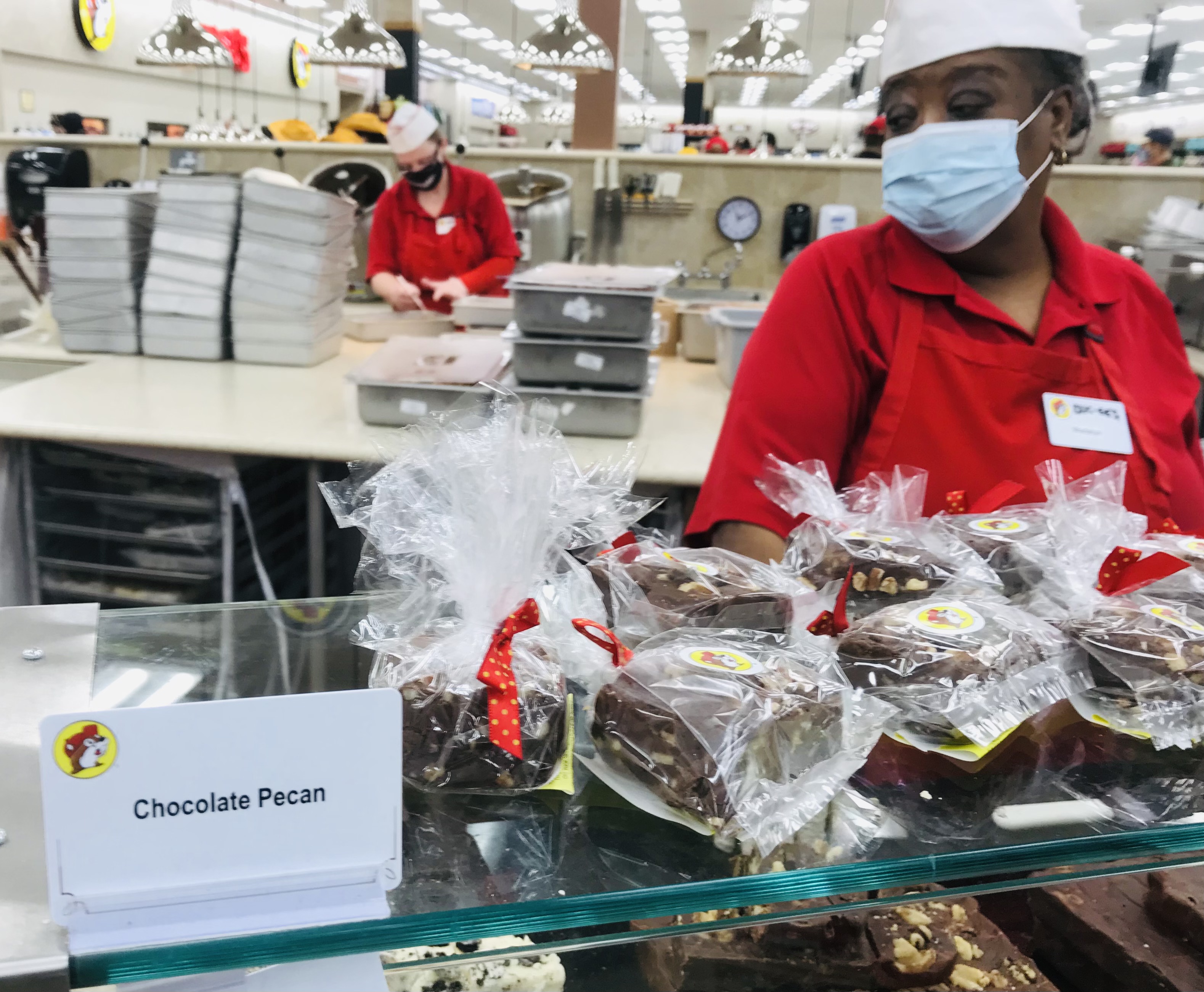Buc-ee's is a big deal.
Sarah Kerner, Springfield's economic development director, has even said so. She's been to a Buc-ee's.
The Texas company's jumbo-sized travel centers typically have a 53,000-square-foot store — roughly the size of a football field — with over 100 gas pumps.
Its customers are so loyal they've been likened to a cult.
But is Buc-ee's a good deal for the city of Springfield?
The Springfield City Council believes it is, and that it is worth an expected $8.5 million in city tax incentives to close a deal that will bring Buc-ee's — and its Beaver Nuggets, the top Buc-ee's snack — to Springfield.
The council voted 7-2 on Jan. 24 to approve a $4.1 tax-incentive deal that the company insists it needs to improve the intersection at Interstate 44 and Mulroy Road, where it plans to build, which is Exit 84 to 744 (Route 66.)
The second part of the incentive package would commence once Buc-ee's closes on buying the 32 acres, which is at the northeast corner of the intersection. The site is across from TLG Peterbilt. This portion of the deal has a cap of $5.1 million.
The project is not officially a done-deal until Buc-ee's completes the purchase and becomes the landowner.
One of the property owners is Vivian McKinzie, 85, who has lived in her home for 53 years. She was interviewed by the Hauxeda on Jan. 25.
She said she was in the process of selling her house and 2 acres to Buc-ee's.
“I have been blessed with the peace and quiet,” she said. “Things change. It is bittersweet. I think Buc-ee's will be good for Springfield.”
Once Buc-ee's owns all 32 acres, it will have 30 days to file a petition with the city to become what's called a Community Improvement District, which would allow Buc-ee’s to increase the sales tax at its store to pay for public improvements.
The new store would open in Springfield in 2023 and would be the first Buc-ee's in Missouri. A spokesman said it takes 12-13 months to build a store.
This story will answer several common questions about the project. The first is:
Is the city using tax money to help Buc-ee's locate in Springfield?
Yes.
But the city does not currently have that money. It's not, for example, sitting in a bank. It is not money that could be spent on other city projects.
The tax money involved would only be sales-tax revenue that would be generated in the future by in-store sales at Buc-ee's — should it be built.
Buc-ee's will spend, upfront, an estimated $8.5 million (the tax-incentive package is for up to $9.2 million) to improve the intersection not only for its own business but for other potential businesses that might decide, at a later date, to locate nearby.
Buc-ee's would generate sales-tax money for the city and some of that money would be used to repay Buc-ee's for public improvements — not for construction of the store or the planned 100 gas pumps.
The company expects to spend $56 million to build its store and pumps.
The city also will pay Buc-ee's a 2 percent interest rate for what the company spends up front.
After 20 years, the repayment ends — meaning that if Buc-ee's doesn't generate enough sales-tax revenue to repay itself by then it won't be fully reimbursed.
What are the benefits to Springfield?
- 175 to 200 jobs
- starting salary of $15 to $17 an hour/health care provided/401K/ three weeks paid time off
- 88 percent of customers come from over 20 miles away, meaning Buc-ee's is unlikely to take customers from existing Springfield businesses. This is based on data from other Buc-ee’s stores given to the city by Buc-ee’s.
- (A Citizen reporter on Jan. 27 visited Leeds, Alabama, where a Buc-ee's store similar to the one planned for Springfield opened in January 2021. The manager of a gas station directly across the street from that Buc-ee's said the 120-pump megastore did not hurt her business.)
- Estimated annual amount of in-store taxable sales of $30 million (not including gasoline)
- Expected to increase city revenue by at least $230,000 annually
- City gets developer to front the cost of public infrastructure, including: improvements to the bridge over I-44 at Exit 84; construction of on-ramps and off-ramps and three roundabouts; and perhaps the most significant — extending City Utilities water service from south of I-44 to the development site on the other side
- Public improvements at this location should open another 1,000 acres for development in the city
- Construction of the store and gas pumps would provide local jobs to those in the building trades
Councilman Andy Lear summarized his support for Buc-ee's and the tax incentives at the Jan. 10 Council meeting.
“We talk about poverty in this city and we talk about low income and low wages,” he said. “The single largest thing we can do is help incentivize and bring in folks that are willing to pay a higher wage, which then has a multiplier effect because we now have Costco and would have Buc-ee's taking people from other places that aren't paying the same.
“So, hopefully, it has a multiplier effect and begins to bring wages up, which affects the single, No. 1 highest issue we have in this city, which is low wages.”
What do detractors say?
Todd Wilson, COO of competitor Rapid Robert's, Inc., based in Springfield, made the following points in a letter published in the Springfield News-Leader.
- The city will “give the farm away” with tax incentives and, in effect, pick winners and losers in business.
- Buc-ee's will add 200 jobs but not 200 more employees. That's because, Wilson wrote, there is a labor shortage and Buc-ee's will pit one business against another in hiring workers.
- The state and federal governments benefit far more than the city because more sales tax money will come from fuel sales. The city cannot tax fuel sales.
Mike Schilling and Angela Romine were the two city council members who voted against the Buc-ee's tax incentives. Schilling also said he worried about possible water-run off at the site and a possible threat to the city's drinking water.
Does the proposed Buc-ee's pose an environmental risk to the city's drinking water?
No, sources said it does not.
“We feel that everything was in place based upon the plans and information we have received,” said Joel Alexander, spokesman for City Utilities, which monitors the city's supply and delivery of drinking water.
“We really do not have any concern with their plan as long as it meets EPA guidelines,” he said. “Our folks were very impressed with their plans.”
Mike Kromrey, executive director at the Watershed Committee of the Ozarks, said the Buc-ee's site must follow the city's “robust” guidelines for water run-off and there are state and federal protections when putting gasoline storage tanks in the ground.
“In general, new gas stations are far less likely to pollute than old gas stations,” Kromrey said.
He said he found no information that indicates Buc-ee's has ever created an environmental hazard.
Jeff Nadalo is general counsel for Buc-ee's nationally and handles media inquiries.
“We have been in operation since 1982 and we have never had a spill that has caused any type of problem,” he told the Citizen. “We have state-of-the-art equipment and monitoring 24/7.”
The Citizen could not find a news account of an environmental accident at any of Buc-ee's 42 stores, most of them in Texas.
In addition, the Citizen filed an open records request with the Texas Commission for Environmental Quality for 22 Buc-cee's store locations.
The result of that request was not available by deadline but will be the subject of a news story if, in fact, there have been environmental problems.
The travel centers often have more than 100 pumps, and each has separate underground storage tanks for gasoline. (In other words, there is not one or two super-sized underground storage tanks.)
Each travel center has a single delivery connection point for all pumps.
In addition, Nadalo said, “All our tanks are double-walled.”
Sensors in the tanks sound an alarm if the interior wall of the tank is breached, he said.
“You would have a sensor go off, which we have never had. You would get an alarm and you would immediately investigate it.
“We have had zero significant problems anywhere,” Nadalo said.
Buc-ee's also addresses the potential problem of customers spilling gasoline, the build-up of oil dripping from cars or gas, or oil dripping from lawn-maintenance equipment that might be on a trailer, he said.
First, the pumps are placed on impervious concrete.
Second, each pump is placed in an area where the concrete is slightly concave, but not as noticeable as a bowl shape.
Any run-off goes into a drain near the pump. That drain is part of a system that filters out gasoline, oil and other petroleum products, he said.
“We will power wash the parking lot. It catches the gas and oil residue ... As it goes through the filter, if there is anything that is not water, it will be encapsulated and filtered out.”
The concern about Buc-ee's effect on the environment has been raised by Seth Goodwin, of Springfield, who has led protests against Buc-ee's outside Old City Hall prior to City Council meetings. Goodwin is a leader of a Springfield group called the Party for Socialism and Liberation.
Goodwin told the Citizen he had no study to indicate Buc-ee's would be environmentally dangerous and he had no knowledge of Buc-ee's ever having a newsworthy spill or leak.
He said that, instead, he is concerned because the Ozarks has a porous karst topography, and he believed it was “inevitable” that the tanks would leak and endanger the drinking-water supply.
Goodwin and others protested Buc-ee's prior to the Feb. 7 Council meeting.
He seemed to have closed the door on his attempts to stop the company from locating in Springfield.
“There is going to be a Buc-ee's,” he said. “But if it's going to bring in $30 million, we need an investment in social infrastructure.”
He wants the additional city revenue to go to issues and projects that will improve the lives of the working class and the unsheltered.
“We feel we should get something in return,” he said.
“We have to take care of our social infrastructure. We have crumbling sidewalks. We have a huge crisis with evictions. We have a huge crisis within our homeless community. We need affordable housing.”
How does Springfield decide when to offer tax incentives?
The city has an Economic Development Incentives Policy Manual that offers guidance.
To receive incentives, the project should:
- Demonstrate a substantial and significant public benefit by constructing improvements in support of development that will create jobs and retain existing employment
- Eliminate blight
- Strengthen the employment and economic base of the city
- Increase property values and tax revenues
- Reduce poverty
- Create economic stability
- Upgrade older neighborhoods
The city should use a “but for” test when deciding on tax incentives.
According to the manual:
“There must be a finding by the City Council that the project would not occur, or would only occur at a significantly smaller scale, or will not be financially feasible or stable, or that public benefit will not occur if the incentive is not provided.”
Does that mean the city must take Buc-ee's word that it won't locate here without incentives?
“To a certain extent, it is up to the word of the developer,” Kerner, the economic development director, told the Citizen.
Buc-ee's has made it clear, she said: “If it is not approved, they are not going to locate here.”
Nadalo, with Buc-ee's, said that rarely does Buc-ee's build a large store, like the one it plans for Springfield, without tax-incentive help.
“When we go into cities, we say, look, we need to design these roads not just for one store,” Nadalo said. “We want to make sure that the local community and the customers coming in are able to enjoy easy access and can get in and out.
“There is development that comes after us,” he said. “We can drive additional business.”
The streets, utility lines and interstate interchange improvements not only benefit Buc-ee's, he said, they pave the way for the many businesses that typically locate near Buc-ee's at a later date.
Those public improvements are owned by the city.
Will the city receive sales tax revenue on gasoline sales?
No. Only the state of Missouri and federal government can tax gasoline sales.
Has the city offered similar tax incentives to other businesses?
Yes. The most recent example was Costco, which opened in August 2021 at 279 N. Eastgate Ave.
The tax incentive was for constructing $4.8 million in infrastructure, including the re-routing of Eastgate Avenue.
Costo fronted the money, and it will be reimbursed from sales-tax revenue generated only at Costco.
The Springfield Costco created about 150 jobs with an average hourly wage of $25.50.
Did the city lure Buc-ee's to Springfield?
No, Kerner said. Buc-ee's contacted city officials and expressed an interest in coming to Springfield.
Kerner knew what a Buc-ee's was; she had been to one in Texas when she was traveling with her family in 2018.
After Buc-ee's contacted the city, Kerner and City Manager Jason Gage visited a Buc-ee's in Terrell, Texas.
How will the city repay Buc-ee's through sales-tax proceeds?
The city sales tax is 2.125 cents for $1 of sales.
The city will reimburse Buc-ee's for infrastructure costs two ways; both involve sales tax generated only inside the Buc-ee's store.
The city will give back to Buc-ee's .625 cents of the city sales tax.
In addition, once the Community Improvement District is set up, an additional, new .625 cents sales tax will be imposed on any sales at the Buc-ee's store — making for a total of 1.25 cents per $1 of sales going toward reimbursement.
Stan Beard, Buc-ee's director of real estate, said at the Jan. 24 City Council meeting that the city insisted on the Community Improvement District.
That's because a CID creates an additional sales tax on a particular business. It puts more pressure on the business to succeed, despite having a higher sales tax.
This means Buc-ee’s customers would pay .625 cents more per $1 when buying, say, a bag of chips than customers would pay at a store elsewhere.
Again, this extra sales tax does not apply to the purchase of fuel.
Has any city rejected Buc-ee's?
In 2020, Buc-ee's withdrew plans for a new travel center along Interstate 40 in Efland, North Carolina, after push back from community members worried about environmental impact and traffic congestion.
Beard, the same Buc-ee's official who was here in Springfield, sent the Orange County Planning Department (in North Carolina) a letter dated Feb. 5, 2021.
His letter followed a January meeting in which the planning department asked the company to scale back on the number of pumps and the size of its signs.
Beard wrote that Buc-ee's had decided that “Orange County is just not a good fit for Buc-ee's.”
Buc-ee's also faced opposition in 2015 before it eventually opened a 52,000-square-foot store with 92 pumps in Denton, Texas. The city offered tax incentives of $8.1 million.
Opponents were concerned about traffic congestion, use of tax incentives, and the proximity of the 38-acre site to two neighborhoods.
At one community meeting in Denton, more than 100 residents attended.
Buc-ee's finally got the OK, but it took Arch Aplin III, the company's founder who was nicknamed “Beaver” as a boy, coming to town and taking at least one concerned neighbor out for pizza, according to a story in the Denton Record-Chronicle.


